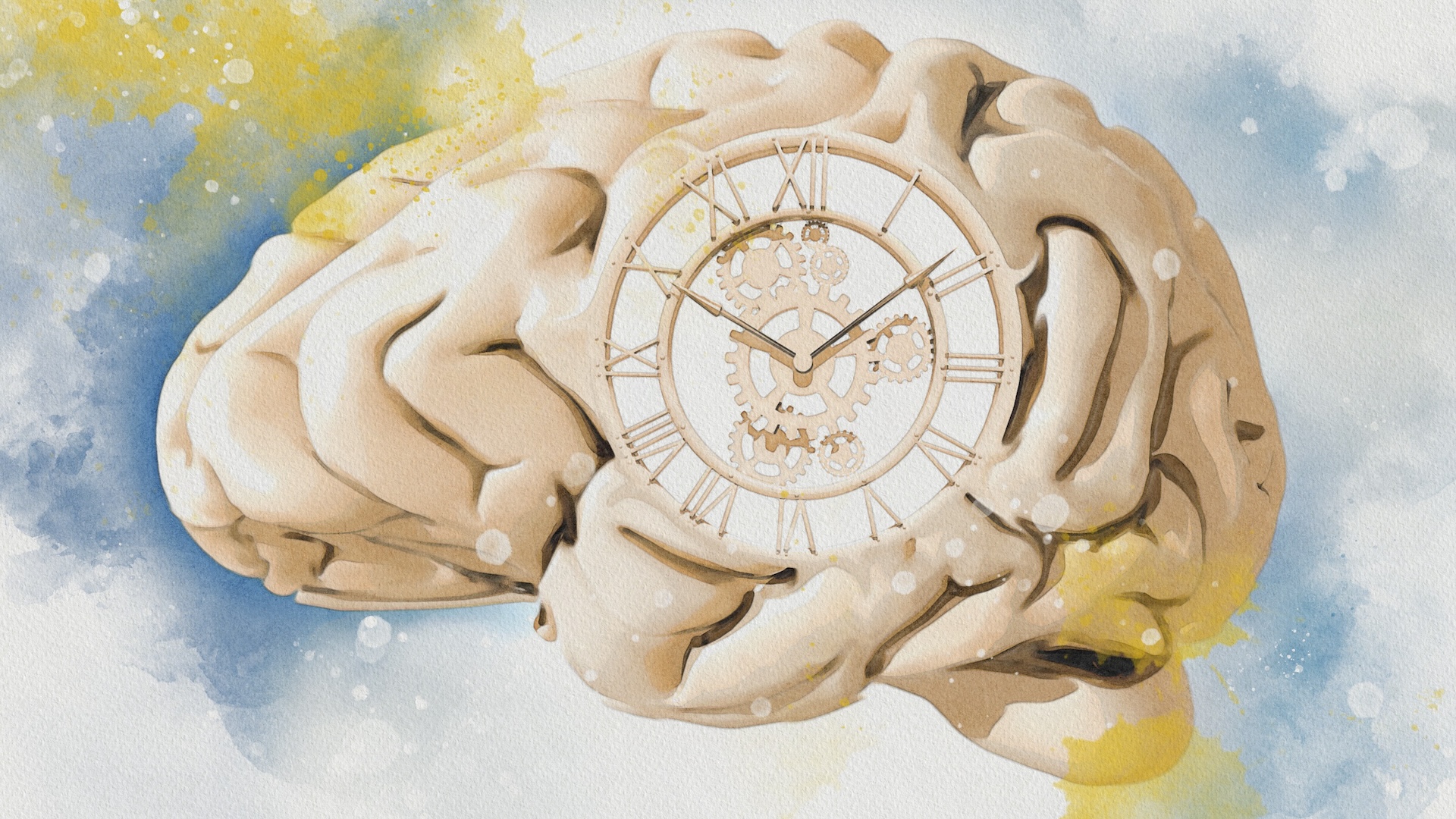Scientists are reportedly gaining significant ground in unraveling why time appears to accelerate as individuals grow older. Key insights into this common, perplexing human experience emerged from brain scans of participants as they watched vintage Alfred Hitchcock programming.
In a study featured on September 30 in the journal *Communications Biology*, scientists delved into data from the Cambridge Centre for Ageing and Neuroscience (Cam-CAN), an ongoing research project focused on brain aging. The analysis involved 577 individuals who had previously viewed an eight-minute segment from “Bang! You’re Dead,” an episode of the classic television series “Alfred Hitchcock Presents.” During the viewing, functional MRI (fMRI) scans meticulously recorded the participants’ brain activity, offering insights into how it shifted over the course of the clip.
This particular video clip was chosen for its remarkable ability to induce highly synchronized brain activity across a diverse audience, a finding consistently observed in previous research when compared to other visual stimuli. This unique neural coherence positions the clip as an unparalleled resource for delving into how the brain naturally segments and monitors the flow of unfolding events.
Researchers accessed an existing archive of functional magnetic resonance imaging (fMRI) recordings. These scans had originally been collected from participants spanning a wide age demographic, specifically individuals ranging from 18 to 88 years old at the time of their initial imaging. To analyze this extensive dataset, the research team employed a specialized computational method known as the Greedy State Boundary Search (GSBS).
A specialized computer algorithm has been developed to identify transitions between stable patterns of brain activity. Its operational approach is characterized as “greedy,” meaning it detects these shifts moment by moment without factoring in the broader context or the overall long-term structure of neurological events.
During an eight-minute observation period, the brains of older participants exhibited a consistent trend: their neural activity states changed less frequently and endured for extended periods compared to those of younger individuals. This distinct pattern was uniformly observed across the full age spectrum, spanning from 18 to 88 years.
A recent study suggests that older adults’ perception of time accelerating may be linked to their brains processing fewer, yet more prolonged, neural states within a given period. This intriguing hypothesis draws parallels with an ancient philosophical concept from Aristotle, who posited that the subjective experience of time lengthens with the occurrence of more notable events. Consequently, the new findings propose that if the aging brain registers fewer distinct “events” within a specific timeframe, this could explain the commonly reported phenomenon of time appearing to pass more quickly with age.
While currently a hypothesis, the concept that these findings could influence daily perception and memory, including the common sensation of time accelerating with age, strikes neuroscientist Giorgio Vallortigara as highly plausible. Vallortigara, who is based at the University of Trento in Italy and was not involved in the recent study, shared his perspective on the emerging idea.
New research attributes the observed fewer transitions between neural states in older adults to a process called age-related neural dedifferentiation. This phenomenon describes a reduction in the specificity of brain region activity as individuals age.
For example, in young people, neuron groups in areas specialized for face recognition primarily activate when viewing faces. However, in older adults, these same neural clusters tend to respond more broadly, even “lighting up” for objects that are not faces. The study’s authors suggest that this widespread generalization across broader groups of neurons—rather than individual ones—may make it more difficult for the brain to discern the distinct beginning and end points of sequential events.
Nevertheless, scientists caution that neural dedifferentiation alone may not fully explain the widespread phenomenon of time seeming to quicken its pace as people age.
Joanna Szadura, a linguist with Maria Curie-Skłodowska University in Poland, specializes in understanding how language shapes our perception of time. Speaking to Live Science, Szadura acknowledged the soundness of the scientists’ hypothesis, but critically added that we must also account for the fact that every individual operates on two distinct time scales.
While society meticulously tracks time in linear units of hours, days, and years, our internal perception of its passage operates on a profoundly different, logarithmic scale. This fundamental divergence explains why a year can feel dramatically longer for a child compared to an adult.
For instance, a single year represents a substantial 20% of a five-year-old’s entire life experience to date. Yet, for a 50-year-old, that same 12-month period accounts for only a modest 2% of their accumulated existence. This illustrates that our subjective experience of time’s speed is not merely a function of the number of neural “events” occurring in the brain, but also significantly influenced by this intrinsic, nonlinear method through which we measure life’s progression.
Researchers have observed that older adults possess a sustained capacity to make their subjective experience of time feel richer and more expansive.
Engaging in novel experiences—be it through learning new skills, exploring unfamiliar places, or participating in fresh activities—may contribute to a retrospective sense that time has felt more expansive. However, perhaps even more critical are enriching social interactions and pursuits that genuinely bring joy, as these also play a significant role in fostering a richer, more complete perception of our time, according to Linda Geerligs, a researcher at Radboud University in the Netherlands and a study co-author, in comments to Live Science.







